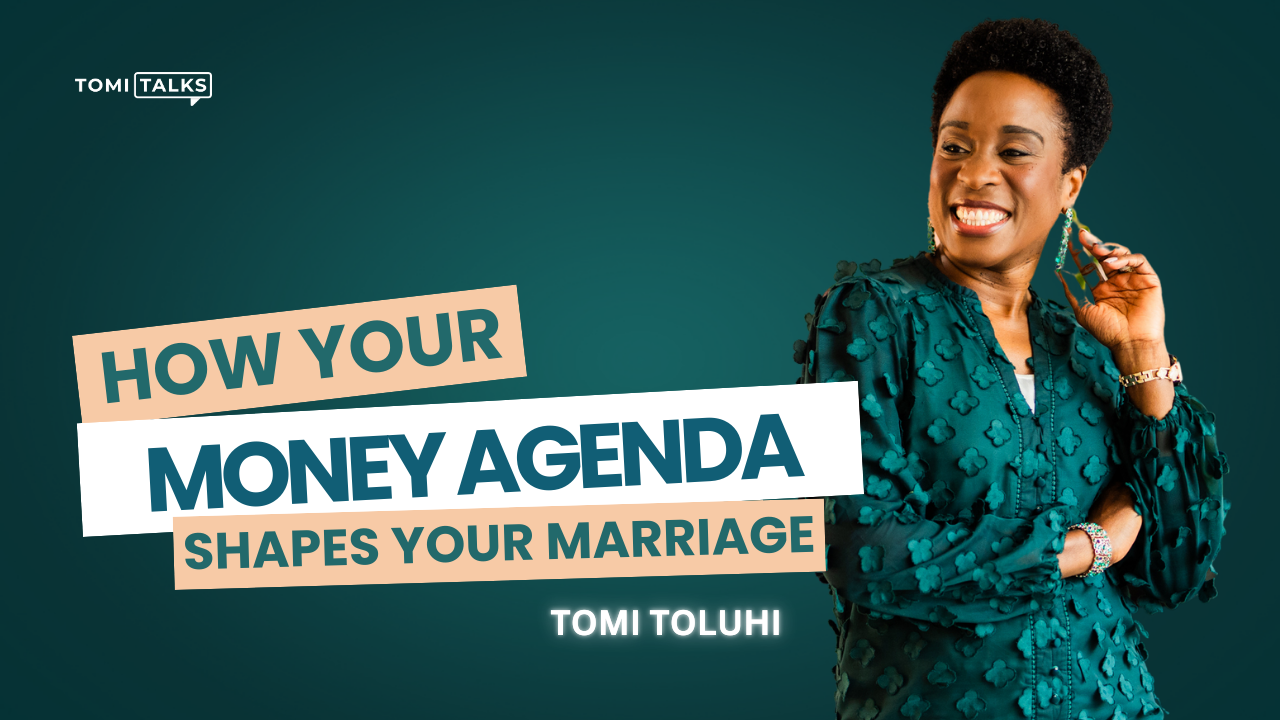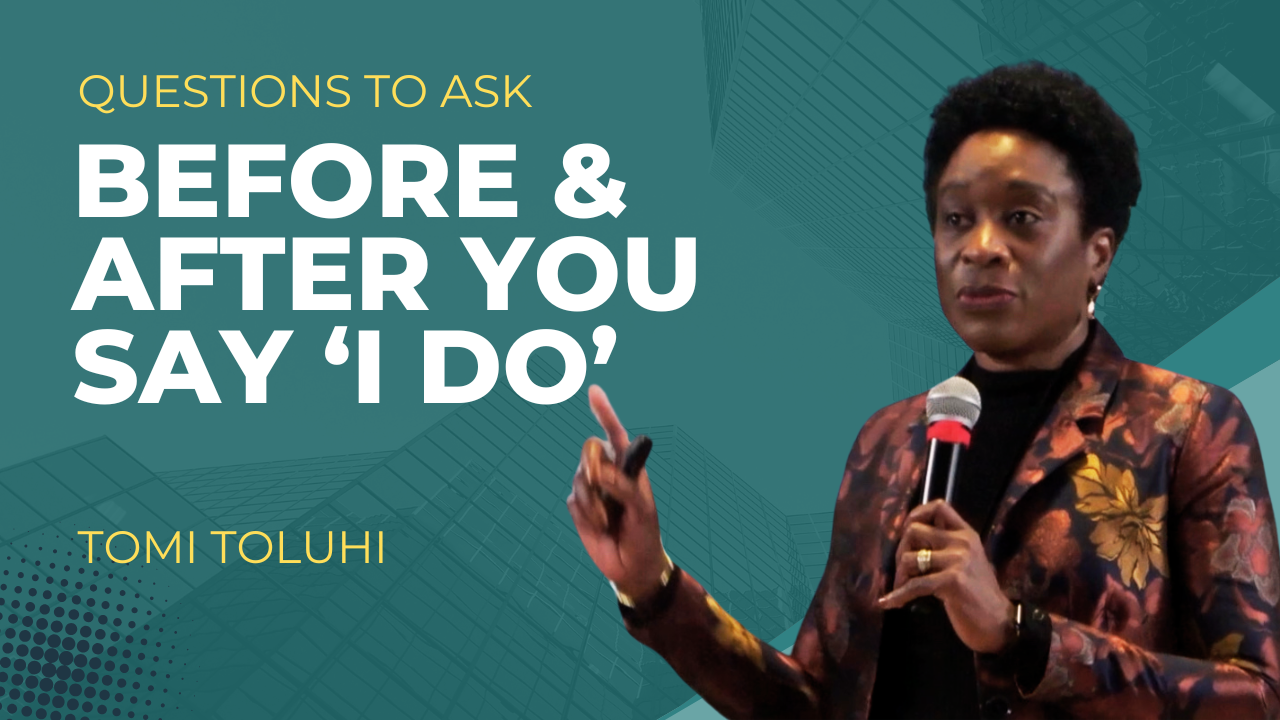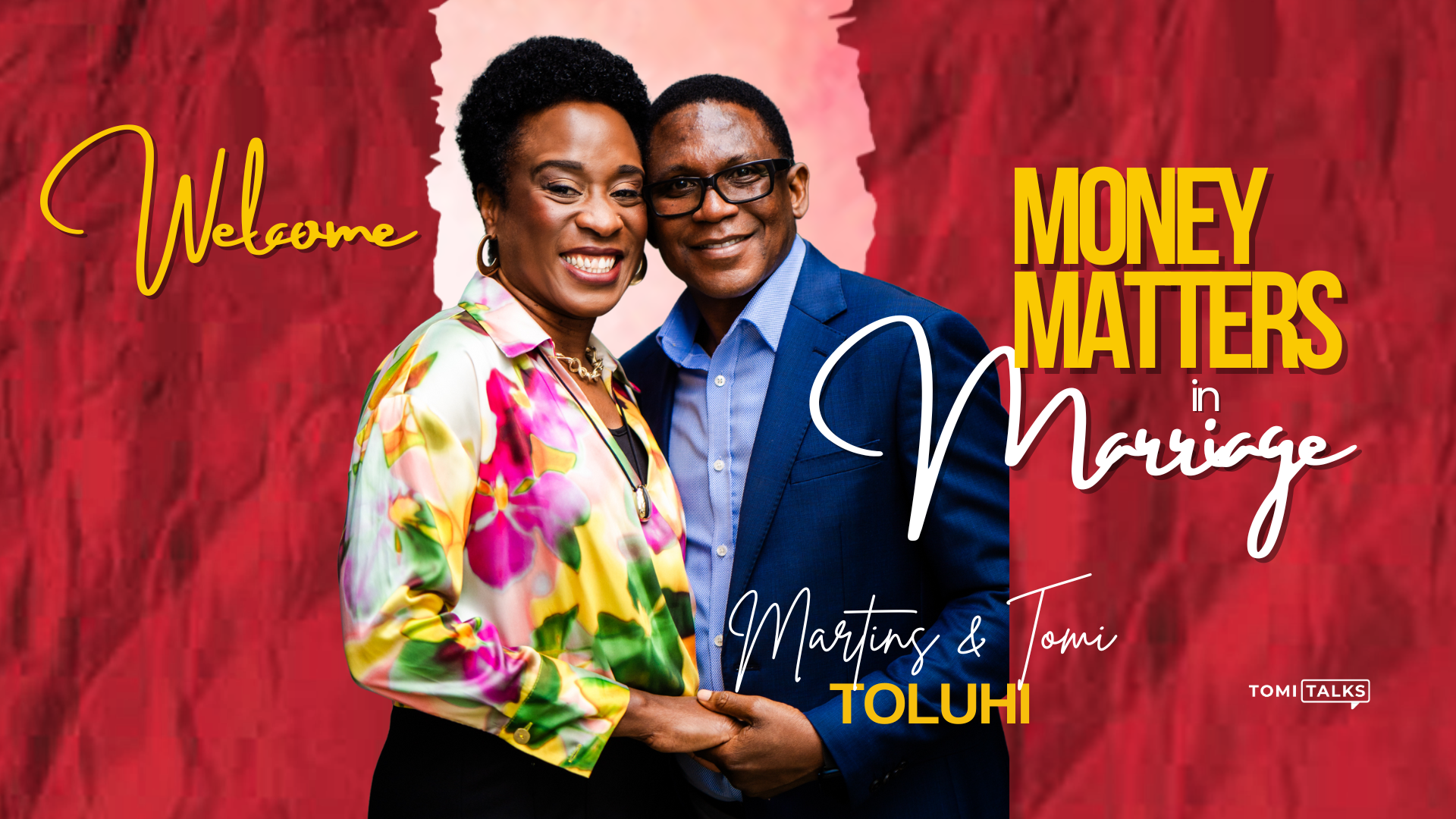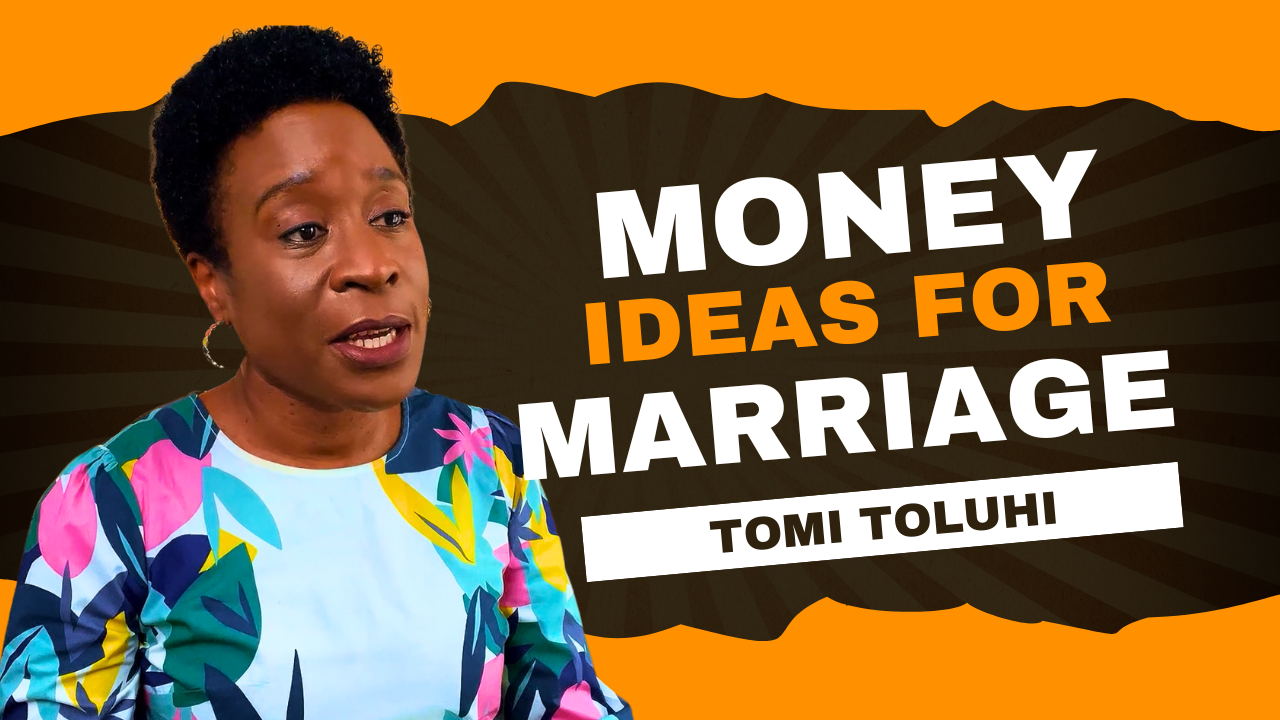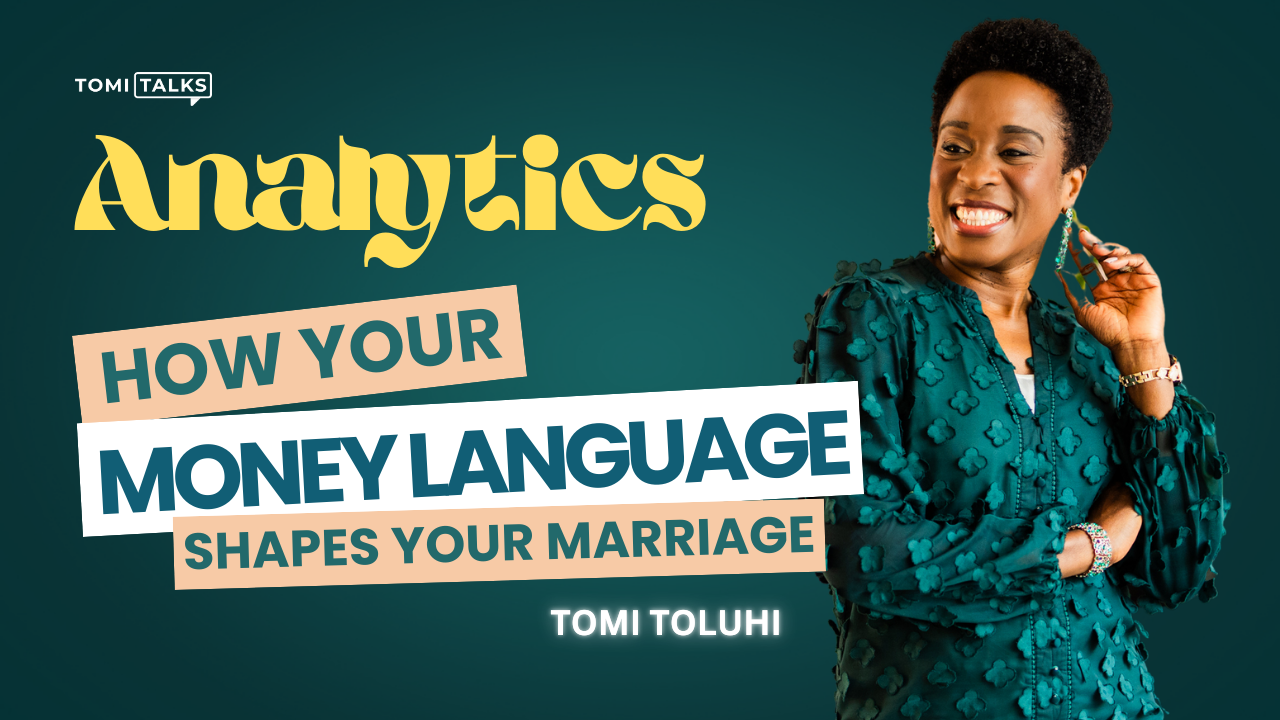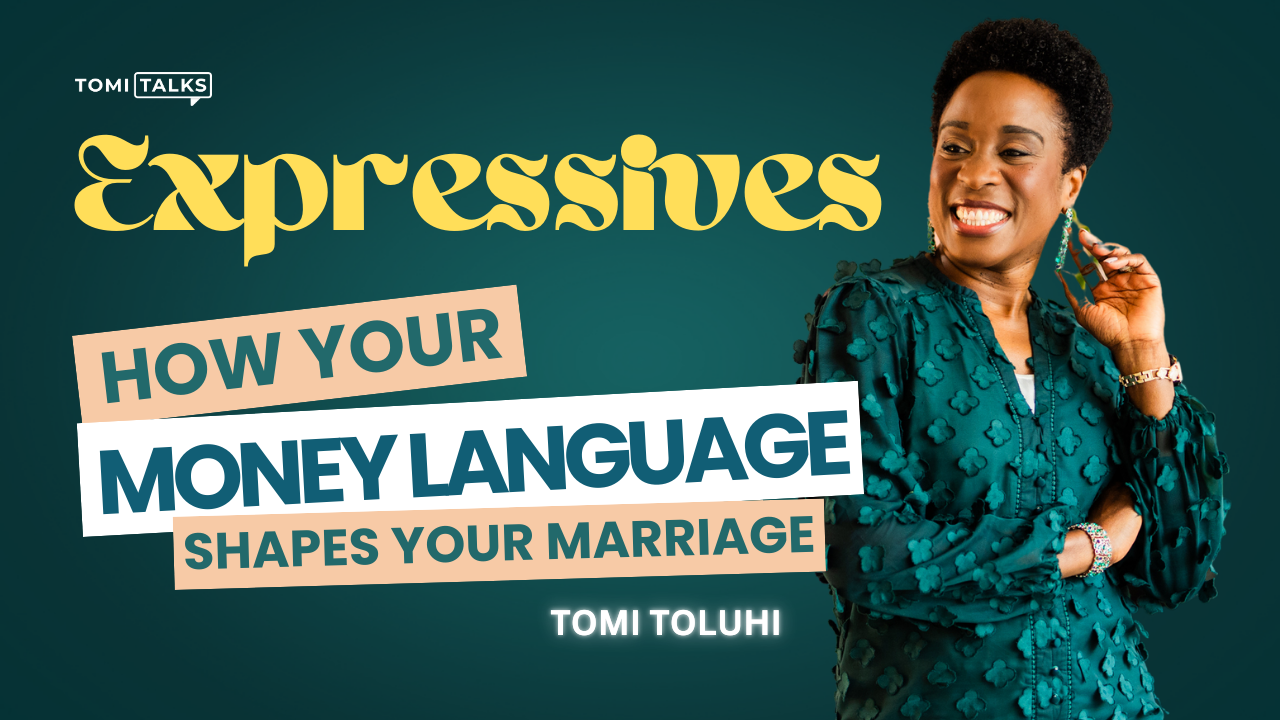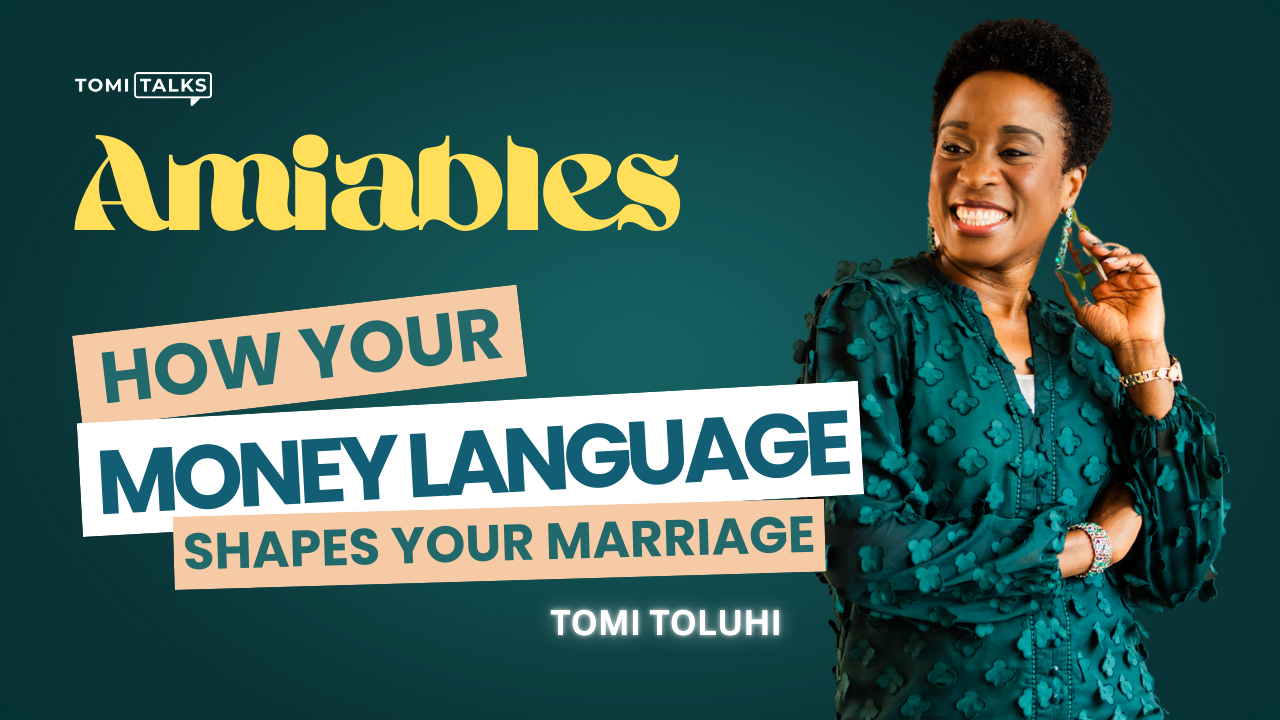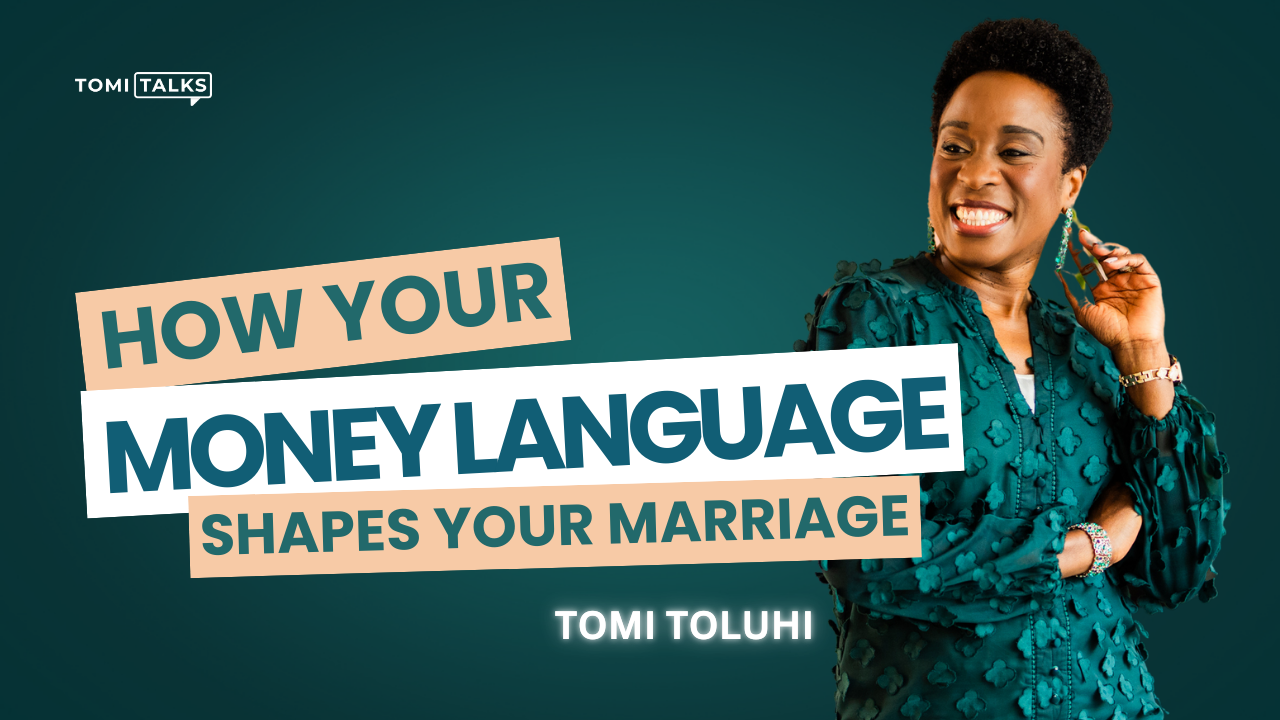You Too Can Have a Long, Happy Marriage
On 6 January 2018, my husband and I celebrated our 22nd wedding anniversary. The time seems to have flown! I can vividly remember the evening of 10 January 1989, on our university campus, when he popped the question. I was only 18 and he was 22 going on 23. An improbable relationship. The statistical probability of such a youthful relationship working out was very low I would think. Furthermore, his proposal was followed by a 7-year courtship while I finished my first and second degrees in Architecture and he, having completed his Engineering degree, went off into the world of work. It was a long distance relationship for six years…another reason why it shouldn’t have worked, but it did!
As I write this, on the day before our anniversary, I am seated on the balcony of our hotel room in Fuerteventura, the second largest of the Canary Islands with lots of sun, sea, glorious beaches and friendly locals willing to greet you with a lively ‘Hola!’ at every turn. I spent most of our flight over here thanking God for His faithfulness through the years and reflecting on how we made it this far…despite the odds. I have tried to distil the distinguishing characteristics of our relationship which helped us navigate through different seasons of life and still remain in love, so that I can share them with you, because I believe you can also have the beautiful marriage you dream of. Three factors readily come to mind:
Clarity
My husband and I always had clarity about what the relationship meant to both of us, from the start. His proposal was clear – ‘I love you and I want to marry you’. There was no room for posturing or pretending; no ambiguity about his intentions. He was clear with what he was proposing; I was clear about what I was accepting. There was no ring, no fanfare, no frills – just absolute clarity. I am eternally grateful for that.
I honestly believe that ambiguity is one of the greatest threats facing Christian relationships today. People drift into emotional relationships without a thought as to whether or not they can see themselves married to this person. I frequently receive mail from ladies agonising about the status of their relationship. ‘Are we in a relationship or are we not?’ ‘Does he love me or does he not?’ ‘We’ve been in a relationship for three years – how can I get him to commit?’ This sorry situation is not entirely the creation of men. Romantic fantasies fuelled by Hollywood are placing untold pressure on sincere, godly men who have to come up with some spectacular proposal and an exotic diamond ring to be considered serious by some ladies. Unless we return to basics and learn to establish clarity as early as possible in a relationship, we will not be able to recapture the beauty of fresh, unpretentious love.
This continued cloud of ambiguity hanging over relationships seems to have led to an increase in opportunistic behaviour. People have no assurances about the future of a relationship so they focus on extracting short term rewards. There are women who expect the men in their lives to meet their every financial need, even if there’s no promise of a future together. Then there are men who seek a woman to take care of them with no strings attached. In my view, it’s unfair to place expectations on a person without a commitment to that person. To seek to dominate a person’s focus, time and attention without a commensurate commitment to them is unjust. To monopolise a person’s affections with no interest in making a lifelong commitment to them is questionable at best.
If you drag out the process of relating closely to someone you will find that you slide into an emotional relationship by default rather than choosing that person deliberately. Two years is a very long time in the life of a person – especially a woman of marriageable age. If it has taken you an entire year to agonise over whether a person is meant to be in your life or not, it’s either that you have poor spiritual instincts or you are trying to persuade yourself that what is not, is. A third option might be that you are fear-driven and seeking a perfect person or perfect conditions before you make a commitment.
Commitment
Once you have clarity about your relationship, back it up with commitment. Commitment means you burn the bridges behind you, you exclude distractions, and you focus on building this one relationship. If your relationship fails before you make it to the altar, it should not be because you got carried away by distractions from without. It should only be because you discovered something from within that meant that your relationship was no longer tenable.
For many Christian couples, dating has become the grey area where they claim the privileges of an exclusive relationship while shopping around for better prospects. When you are committed, you have a different perspective that sets you up for success in your relationship. Because you are single-minded, your relationship will weather the inevitable storms better. I had many proposals before and after my husband but once my choice was made, I was so focused on making the relationship work that every other distraction faded into oblivion. He had many opportunities to be distracted after he left me in school and went off to work, but his commitment kept him. That’s why I trust him implicitly today. Cultivating this committed mindset is what will protect the integrity of your marriage in the future.
There will always be someone prettier, more handsome, smarter, funnier, richer, if your eyes are roaming. If your eyes are focused you will see none of that. As long as you persist in the searching mindset, you will continue to experience dissatisfaction in your current relationship because you will constantly be making comparisons between the person you have chosen and others you encounter along the way. Comparison sows the seeds of dissatisfaction in a relationship and sets you up for comparison in marriage.
Commitment requires a faithful heart. That’s what you should cultivate and that’s what you should look for in a potential spouse. If every time you turn your back your fiancé or fiancée is cultivating side relationships which compete with your relationship, he or she may struggle with commitment even after marriage. Exclusivity should be a given in any committed relationship. You protect the exclusivity of your relationship by announcing it frequently, guarding your heart diligently and disconnecting from people who threaten the integrity of your relationship. Any friends you both have should be left in no doubt that your fiancé or fiancée comes first and you’re not open to alternative advances or proposals.
Curiosity
A hunger to learn is an indispensable asset in a relationship. Healthy curiosity means you have a willingness to challenge the norms and discover new things about the person you love, and what makes them happy. Never assume that you know all that it takes to build a successful marriage. The moment you lose your curiosity, you lose your edge. I am always amazed at the audacity of couples heading towards marriage who have never taken the time to study what it takes to bring out the best in their spouse. 1 Peter 3:7 encourages husband to ‘dwell with their wives according to knowledge.’ This is a great maxim for all marriage partners to live by.
I have always had a fascination with marriage and what makes it work. My husband is an equally curious person so we have both spent time over the years to open our hearts and minds to ideas that will help us be better lovers of each other. From the inception of our relationship we read marriage books together and we listened to teachings from relationship experts. That attitude persists till today, even though we’ve been happily married for 22 years. Be driven in your pursuit of knowledge that will help you understand your spouse better.
As your spouse evolves and your marriage grows, your spouse’s needs will change as well. Different seasons of life present different challenges and opportunities. Your knowledge base and your understanding of your spouse should be growing, otherwise your marriage will grow stale. The fact that you understood your spouse five years ago is no guarantee that you understand them now, if you don’t maintain your curiosity and tune in to truly see and understand what their current needs are. Study your wife or husband. What makes them unique? What makes them tick? How can you bring out the best in them? Ask them questions that demonstrate that you truly want to understand and love them better with each passing year. When we are old and grey, I can picture my husband and I, hand in hand, listening, leaning in, learning and growing. I pray the same for you.
